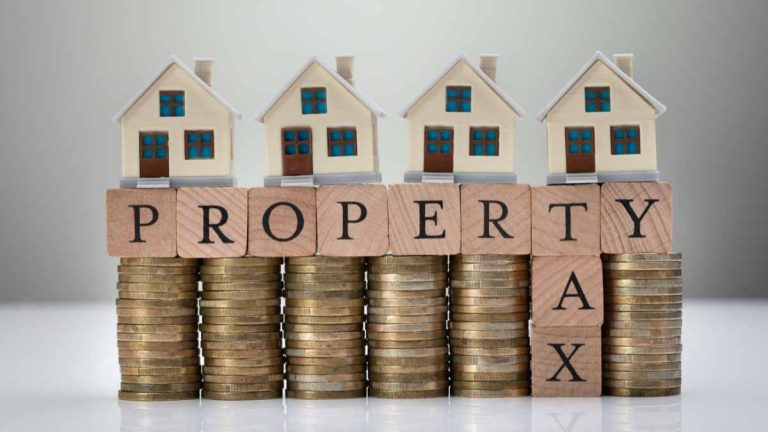Labour’s Wealth Tax Plans – Labour could be preparing a significant change to property taxation that may see millions of UK homeowners facing new taxes. With the party keen to raise much-needed revenue, speculation is growing that Chancellor Rachel Reeves’ upcoming Budget in October may include increases to inheritance and capital gains taxes. But the real concern is the possibility of an annual wealth tax on property, which some influential voices are pushing for. If introduced, it would be the most dramatic attack on private property in decades, reminiscent of post-war taxation measures.
For years, there has been a school of thought across political lines that residential property in the UK is under-taxed. Advocates of higher taxes believe now is their chance to implement reforms targeting so-called “unearned” wealth, particularly the gains homeowners have seen as house prices rise. They argue that property wealth is unfairly concentrated and should be redistributed to help renters and lower-income households. This radical thinking harks back to the “People’s Budget” of 1909, which sought to heavily tax landowners, though this time it would be ordinary homeowners rather than aristocrats facing the squeeze.
Several ideas have been floated to overhaul the property tax system. One suggestion is a revaluation of council tax bands, a change that would hit London and the South particularly hard. Another is to replace both council tax and stamp duty with an annual levy based on a property’s value, which could see some homeowners paying between £10,000 and £20,000 a year or more. Other proposals include a mansion tax targeting high-value homes or even a land value tax, taxing the land under the property rather than the building itself.
Those in favour of these changes argue that such measures are necessary to tackle inequality and fund public services. However, critics warn of dire consequences. Many pensioners, for example, may be asset-rich but lack the liquid cash to pay such a tax, forcing them to sell their homes. This could destabilise the housing market, with potential investors turning away from the UK due to the perceived risks of a wealth tax. There’s also the fear that such a tax would diminish the appeal of homeownership, long seen as a path to financial security in Britain.
The total value of residential property in the UK is estimated to be around £8.7 trillion. A 1% annual tax on property wealth could, in theory, cover the country’s projected £87 billion budget deficit. But many argue that this form of taxation would do long-term damage to the economy, driving out global capital and talent. Previous experiments with wealth taxes in Europe often ended in failure, with many countries eventually scrapping them due to capital flight and economic strain.
Amidst all this speculation, economists have proposed other reforms, such as a land value tax to replace council tax and stamp duty. However, critics say these alternatives are just as dangerous. They believe new taxes on property could destroy the very essence of homeownership in the UK. If homeowners are forced to pay an annual tax on their property’s value, it could undermine the traditional security that comes with owning a home, leaving people feeling more like tenants in their own property, effectively “renting” from the state.
Labour’s history with wealth taxes stretches back to the 1970s when the party seriously considered imposing such measures before ultimately abandoning the idea. However, the current economic climate, with a growing budget deficit and a Labour government looking to fund increased public spending, has reignited the debate. The upcoming October Budget could see these long-dormant ideas revived.
While no official plans have been confirmed by Rachel Reeves, the support for wealth taxes within Labour’s circles suggests significant changes to property taxation could be coming. If these proposals are adopted, millions of UK homeowners could be hit with hefty new financial obligations, fundamentally changing the landscape of property ownership in the country.

